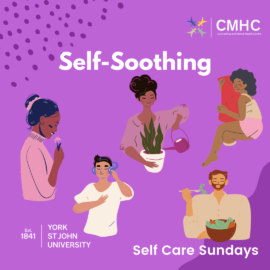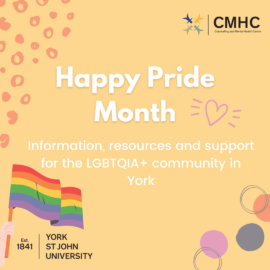Experiencing a bereavement is different for everyone and it’s different every time. I remember clearly how I experienced the world before loss but feel distant from the person who didn’t understand the feelings that now walk with me daily. Before I entered this research discipline, I thought that grief was supposed to be a wound that would heal over time and get smaller. Now I understand that grief accumulates; rather than shrinking, it grows. Thankfully, we grow too. As bereaved people we find a way to work around the wound, to live with it. It’s a lonely path because other people struggle to understand. No one is feeling exactly the same way, no one has lost the same things we have.
“I’m so sorry for your loss” – people see the grief and they don’t know what to say so they default to that. That phrase sits uncomfortably for me because it doesn’t align with how I talk about and understand death. I don’t want anyone to be sorry for me. I want people to see my grief my way, by joining me in the memory of my loved ones as they were before loss. Sadness is part of grief, I’m sad that I can’t make new memories and that time ran out before I was ready to let go. The future has been taken but the past, my memories, are mine to keep.
Sometimes people don’t know what to say to someone who has experienced a loss. If we know what we want though, we can ask for it. I honour the loved ones I’ve lost by continuing to include them in my life. I tell stories about them, and my friends have learned that it’s ok to laugh and be part of that joke – even if they only know my loved ones through me. When my friends share my laughter, they support me. They see my loss and they validate my experience as a bereaved person, see what I have lost and support my desire keep my memories alive. It eases my pain when they let me feel what I’m feeling, rather than try to correct or redirect. The public face of my grief is the laughter and humour. The tears still come, but more often in private. Milestones are hard; birthdays, accomplishments – in my case my first publication and the beginning of the PhD I’d wanted to start for some time. It’s ok if it hurts, it’s also fine if it’s getting easier.
Instead of telling someone you’re sorry for their loss, try asking them about the person they lost. Some people might not want to share memories, but those that do may appreciate the invitation. We’re all different, but our culture expects sadness and silence and that can have the effect of making us shut down which means we don’t get to grieve how we want to. Sometimes people assume that after some time has passed, bereaved people won’t want or need to mention their loved ones as much but when we let go (and let others let go) of what we think grief should look like, it gives us permission to create space for our feelings and for remembering our loved ones in the way we want to remember them and the way they would want to be remembered. When it’s my time to die I hope my death will be a minor footnote at the end of my story, an afterthought not the final chapter. I want the memory of my life to be about my living, who I was to the people I loved and who they were to me. Knowing what I now do about loss and mortality, I think the point of life is to have connection. My grief reflects the privilege of loving and being loved so I’m grateful to have had so much to lose. I know now that I’ll never be free of my grief, but I wouldn’t want to be free of the ongoing desire to keep my loved ones in my life.
~
Author: Limor
~
Support available:
Survivors of Bereavement by Suicide



